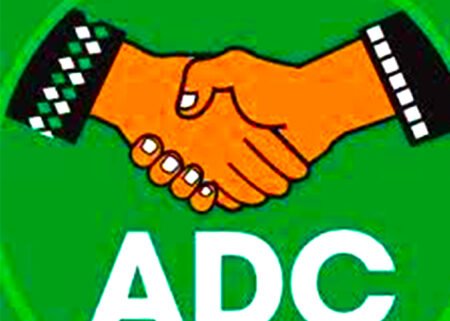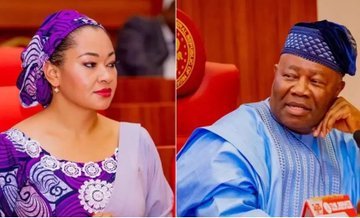The National Association of Telecommunications Subscribers, NATCOMS, will engage the Nigerian Communications Commission (NCC) on Friday, seeking a reversal of the 50 percent telecom tariff hike to 10 percent.
The President Bola Tinubu-led Federal Government approved a 50 percent tariff increase after operators initially requested a 100 percent tariff hike.
However, subscribers are pushing for a 10 percent tariff adjustment, and if talks fail, they plan to file a lawsuit next week to challenge the decision.
The increase, the first in over a decade, is aimed at revitalising the struggling telecom sector, which contributes about 14 percent to Nigeria’s economy and has continued to spark widespread debates and controversies.
The Nigerian Labour Congress, led by Joseph Ajaero, criticised the increase on Wednesday, describing it as an added burden on Nigerian workers who earn less than $50 per month as minimum wage.
The NLC warned of potential collective action, including a nationwide boycott of telecom services, to compel the government and the NCC to reverse the decision.
Speaking on the development on Thursday, NATCOMS President Adeolu Ogunbanjo said, “Going to court is the civil way of doing things, not boycotting telecom services.”
He expressed worries that such actions would harm investor confidence in the Nigerian market, especially as the government works to attract foreign investment.
“We are not backing the NLC at all. It will send wrong signals to investors. These are private businesses, and President Bola Tinubu is trying hard to woo investors. So we can’t support that rascality.”
The subscriber association emphasised that the telecom sector is a model of successful privatisation in Nigeria, urging NLC to seek solutions that benefit both consumers and operators.
“Telcos are there to make a profit, and at the same time, consumers must not be exploited. We’ve been at this for quite a while,” he said.
NATCOMS, however, reiterated its call for telecom operators to explore alternative funding options, such as Initial Public Offerings, to raise capital.
“They should go to the stock market. I know people will buy. That is the way to go. But boycotting businesses because telecom expenses take a percentage of salaries is not a solution. You can’t kill the business by protesting,” Ogunbanjo added.
Speaking on the planned engagements with the NCC, the subscribers’ president noted that discussions would remain constructive.
“We will engage them through correspondence and phone calls on Friday. This has been our approach for quite some time,” he concluded.







